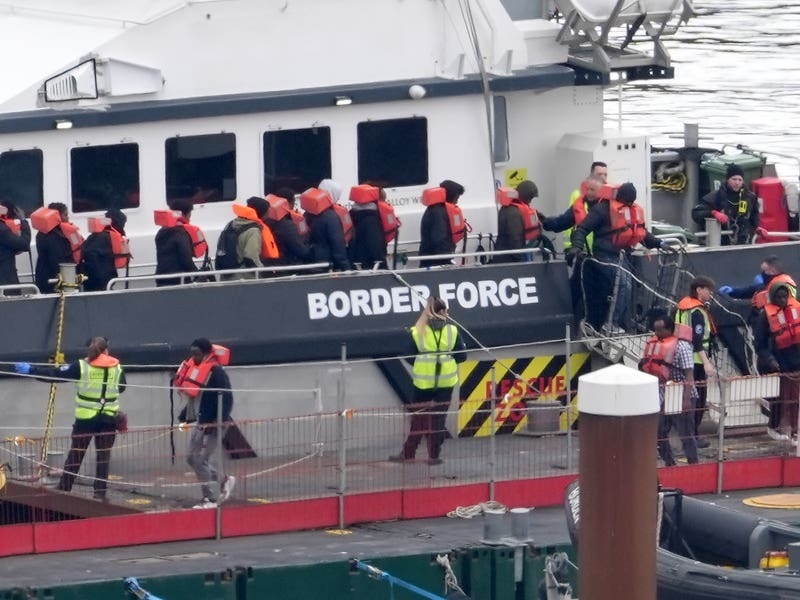Pakistan’s former prime minister Imran Khan has dialled down his campaign of defiance, saying he would allow a police search of his home over allegations that he was harbouring suspects wanted in recent violence during anti-government protests.
Mr Khan, who is facing about 100 legal cases against him, also appeared before a court in his home town of Lahore to seek protection from arrest in multiple terrorism cases that authorities have raised against the country’s top opposition leader.
He also condemned days of violence in which his supporters attacked public property and military installations after he was dragged out of a courtroom and arrested in a graft case in the capital, Islamabad, last week.
At least 10 people were killed in clashes between his supporters and police across the country.
The rioting subsided only when Pakistan’s Supreme Court ordered Khan’s release.

He denies the allegation, saying he was in the custody of the National Accountability Bureau in a corruption case when the clashes erupted.
Khan appeared conciliatory as he appeared before an anti-terrorism court in Lahore, the provincial capital of Punjab. The judge granted him protection from arrest in three terrorisms cases until early in June.
“Yes, I condemn it,” Khan told reporters at the Lahore court, speaking of the rampage. “There is no Pakistani who will not condemn the violence.”
After Khan’s release from arrest last week and return to Lahore, police surrounded his home, alleging that he was sheltering between 30 to 40 suspects linked to the violence in his upscale residence of Zaman Park.
Police, who have some 300 officers deployed around Khan’s compound, threatened to raid the premises unless the suspects were handed over.
The stand-off was resolved with an agreement for the police to search the home later on Friday.

They had previously arrested eight others in the area, and a total of more than 4,500 suspects across the country.
Former cricket star turned Islamist politician, Khan was ousted by a non-confidence vote in Parliament last year. He has claimed his removal was illegal and part of a Western conspiracy – charges his successor, Prime Minister Shahbaz Sharif, denies.
Khan remains hugely popular among grassroot followers – though two of his legislators and several politicians quit his party over the recent violence – and has campaigned against Mr Sharif’s government, demanding early elections.
His campaign, arrest and the subsequent violence have deepened the political turmoil and economic crisis in Pakistan.






